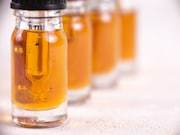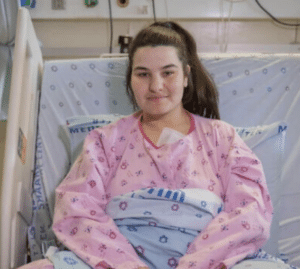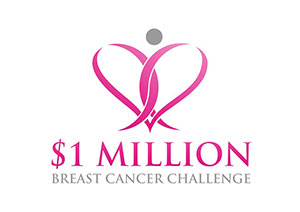At the annual meeting of the International Society for Autism Research in Montreal last week, Dr. Adi Aran, Head of our Pediatric Neurology Unit, presented the preliminary findings of his study regarding the use of medical marijuana extract for treating Autism that showed that medical marijuana extract seems to help children reduce their disruptive behavior and improve their social responsiveness.
The study included 150 children with autism. One third were given a placebo. One third received whole-plant extract of marijuana and one third was treated with a pure blend of cannabidiol (CBD which is a compound in marijuana that does not produce intoxication, but does appear to interact with cannabinoid receptors in the brain) and THC (tetrahydrocannabinol which is the compound that produces intoxication when one uses marijuana) at a 20-to-1 ratio. The children treated with medical marijuana showed improvement on scales that measure autism symptoms as well as scales that track core autism skills when compared with the children taking the placebo. However, the children who were treated with marijuana were more likely to suffer from decreased appetite, sleepiness and disturbed sleep. Please keep in mind that research presented at such meetings is considered preliminary until published in a peer-reviewed journal.
Dr. Aran warns the parents of children with autism to wait for additional research before trying to treat children with medical marijuana, “Thousands of parents already are treating their kids with cannabis based on rumors of this study…I don’t want it to be even more…It’s not a miracle treatment. It might be another tool in our toolbox.”
Mr. Simon Baron-Cohen, President of the International Society for Autism Research reviewed the study and said, “From the brief information, we must advise those considering this as a form of treatment to use caution, given the report of significant rates of unwanted side effects…The authors are to be commended for collecting this evidence and for transparent reporting of the results, since this allows parents and autistic people to make informed choices, understand risks and manage expectations.”
Please read this article for additional details.











